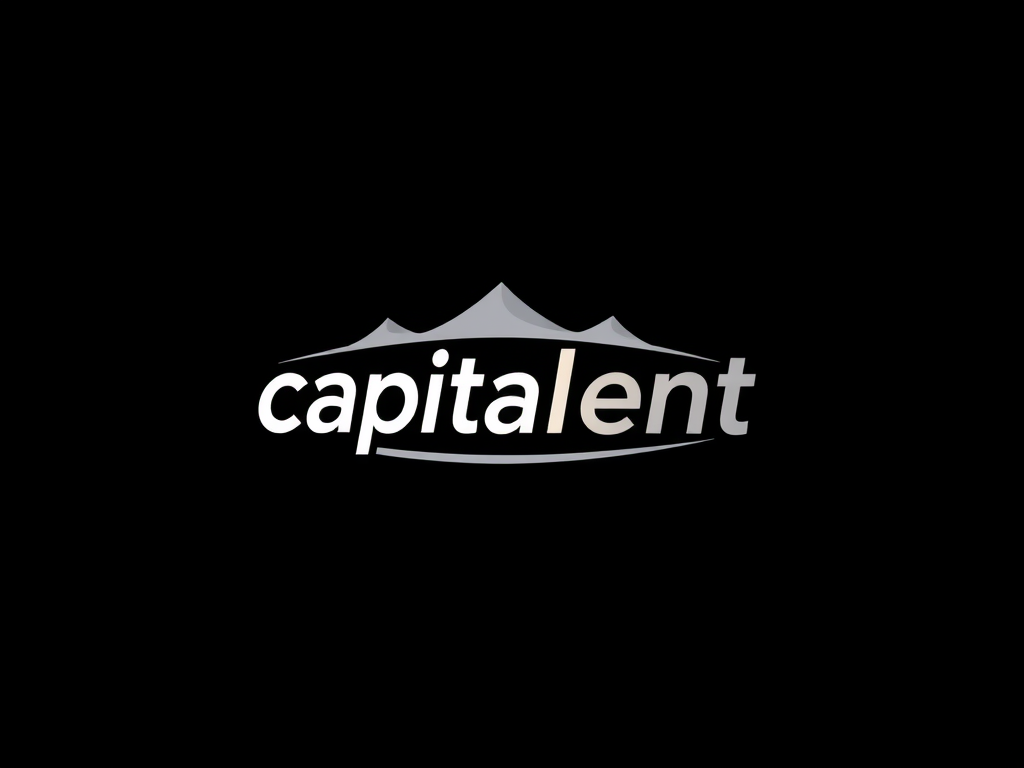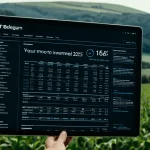Overview of UK Government Grants and Incentives for Eco-Friendly Property Development
Navigating the UK government grants landscape is crucial for eco-friendly property developers. Such financial supports play a pivotal role in promoting greener building practices. The availability of numerous eco-friendly incentives enables developers to implement sustainable solutions that may otherwise be cost-prohibitive.
Importance of Government Support
The transition towards sustainable development heavily relies on external funding. Government backing paves the way for innovation, reducing the financial burden on developers. By providing property development funding, governmental bodies encourage environmentally responsible construction processes.
Also to read : Etf belgium: your guide to smarter investing in 2025
Types of Grants and Incentives
The UK offers diverse funding options tailored for eco-friendly projects. These include direct funding for renewable energy installations and programs that incentivize energy efficiency measures. Grants like the Green Homes Grant and incentives such as Enhanced Capital Allowance schemes are notable examples.
Key Benefits of Accessing Financial Supports
Engaging with UK government grants means not only reducing costs but also increasing a project’s value and appeal. Eco-friendly incentives make projects more viable and sustainable, often resulting in long-term savings. Moreover, such funding enhances the market competitiveness of properties by aligning them with contemporary environmental standards.
Additional reading : Crucial Insurance Tips for UK Airbnb Hosts: Protecting Your Rental Property
Eligibility Criteria and Qualifications
Understanding the eligibility criteria for UK government grants is essential for developers seeking eco-friendly incentives. Generally, applicants must meet certain prerequisites, including being registered in the UK and aligning their projects with governmental eco-friendly goals. These qualifications ensure that the property development funding is used responsibly and effectively.
For eco-friendly property developers, additional specific criteria often apply. Projects must demonstrate innovative sustainability practices and efficiency improvements. The ability to lower carbon footprints or incorporate renewable energy systems can significantly bolster an application’s standing. Meeting these qualification requirements is crucial for gaining access to eco-development funding.
Accurate documentation is also a pivotal part of the grant application standards. Applicants typically need to provide detailed project plans, financial forecasts, and evidence of environmental impact assessments. This documentation helps in eligibility verification, ensuring funds are allocated to deserving projects.
Ensuring all these elements are in place not only strengthens an application but also demonstrates commitment to sustainable practices, thus increasing the likelihood of obtaining financial support. By meticulously adhering to these standards, developers can facilitate a smooth application process and enhance their chances of funding success.
Step-by-step Application Process
Navigating the application process for UK government grants can initially appear daunting, yet understanding each step is crucial for success. Firstly, identify the available funding applications that align with your project through research or advisory services. Once a suitable grant is identified, prepare to engage with the intricate details of the grant submission steps.
-
Initial Research: Start by comprehensively understanding the specifics of the grants relevant to your project. This ensures you’re applying for the most appropriate and beneficial support.
-
Detailed Documentation: Gather documents required by the application process, such as project outlines, financial plans, and evidence of prior sustainability efforts.
-
Submission Preparation: Craft a compelling application reflecting a project’s potential impact. Highlight alignment with the grant’s objectives to improve chances of approval.
Ensure strict adherence to grant deadlines; timely submissions often mean the difference between success and missed opportunities. Late applications are typically not considered, thus understanding timelines is as vital as the quality of content.
Finally, leverage networks by seeking feedback or collaborating with industry professionals to refine applications, increasing robustness and the potential for funding approval.
Types of Grants and Incentives Available
Navigating the array of UK government grants is essential for any eco-conscious developer. By leveraging renewable energy grants, developers can significantly reduce energy consumption and promote ecological practices within their projects. These grants target the installation of solar panels, wind turbines, and other sustainable energy systems, providing crucial financial support for such eco-friendly initiatives.
Local Authority Incentives also play a vital role in encouraging sustainable development. These programs vary by region and focus on reducing environmental impact through infrastructure improvements or sustainable community projects. Engaging with local authorities can bolster a project’s credentials and increase its attractiveness to stakeholders.
Furthermore, tax reductions and rebates offer developers substantial savings, making eco-friendly practices financially viable. The Enhanced Capital Allowance (ECA) scheme, for example, allows businesses to write off certain green technology investments against taxable profits, incentivizing the adoption of energy-efficient systems.
Such government financial support not only offsets initial costs but contributes to the enduring value of eco-friendly properties. Understanding these diverse funding options enables developers to make informed decisions and optimize their project’s environmental and economic impact. Thus, the right combination of government grants and incentives is instrumental in crafting sustainable and profitable development ventures.
Case Studies of Successful Eco-Friendly Projects
Eco-friendly case studies serve as valuable blueprints for developers aiming to secure UK government grants. Among notable successful projects, the BedZED development in London shines, integrating robust sustainability practices. It utilized funding from sources like renewable energy grants, highlighting the impact these supports have on eco-development funding.
Another compelling example is the Eden Project in Cornwall, which showcases effective use of government financial support. It leveraged various eco-friendly incentives, proving that aligning property development with available financial aids enhances project viability.
From these cases, we observe key lessons: First, aligning projects with clear environmental goals enhances the likelihood of grant success. Additionally, documentation plays a crucial role; thoroughness in presenting environmental impact assessments stands out as critical in eligibility verification.
Moreover, collaborations significantly amplify chances for funding success. Both projects illustrate that working with local authorities and engaging stakeholders early on fosters innovation and aids in tailoring projects to meet specific program criteria.
Finally, adaptive strategies and foresight in addressing potential challenges are crucial. By learning from these case studies, developers can better navigate the complexities of government grants, ensuring both financial and environmental triumphs in their endeavors.
Practical Tips for Maximizing Funding Opportunities
To truly maximize grants in eco-friendly property development, adopting strategic funding approaches is vital. Here are some actionable strategies that can boost your chances of securing substantial funding.
First and foremost, prioritize strong funding strategies. Early planning and thorough research into available grants ensure you target the most suitable opportunities. Comprehensively understanding each grant’s objectives allows for precise alignment with your project’s goals, which heightens the potential for approval.
Building relationships with governmental bodies and industry professionals is equally important. Networking serves as a bridge to crucial insights and tailored advice that can give your application a competitive edge. Consider attending industry events or workshops as these can be fertile grounds for establishing meaningful connections.
A compelling project proposal cannot be overstated—it must highlight innovative eco-friendly practices and include detailed financial forecasts and impact assessments. Clearly articulate how your project aligns with government goals and national sustainability ambitions.
Finally, continuously seek funding optimization by maintaining updated knowledge of any changes or new developments in government incentives. Utilize available platforms and tools to track application statuses diligently. By implementing these practical tips, you elevate your project’s attractiveness to grant providers, fostering a higher success rate in funding acquisition.
Visual Aids and Resources
To effectively navigate the complex landscape of UK government grants and eco-friendly incentives, the use of visual aids and resources is invaluable. Infographics, for example, can clearly illustrate grant application processes and eligibility criteria, making them easier to understand and follow. These visual tools break down intricate steps into simple, visual components, providing a snapshot of the entire process from start to finish.
Additionally, a resource toolkit compiled with comprehensive links and materials can greatly assist developers. This toolkit might include guidelines on property development funding, government resources, and informational webinars. Such resources are crucial for staying updated on changes in policy or available incentives, ensuring developers have the most current information at their disposal.
Interactive tools or applications for tracking application statuses can significantly open the way to funding optimization. By using these, applicants get real-time insights into all stages of the grant application, reducing uncertainty and enhancing strategic planning.
Incorporating these resources effectively can streamline the application process, making the task of accessing eco-friendly funds less daunting and more straightforward. Adopting these tools empowers developers with the knowledge and confidence to pursue sustainable solutions innovatively.

